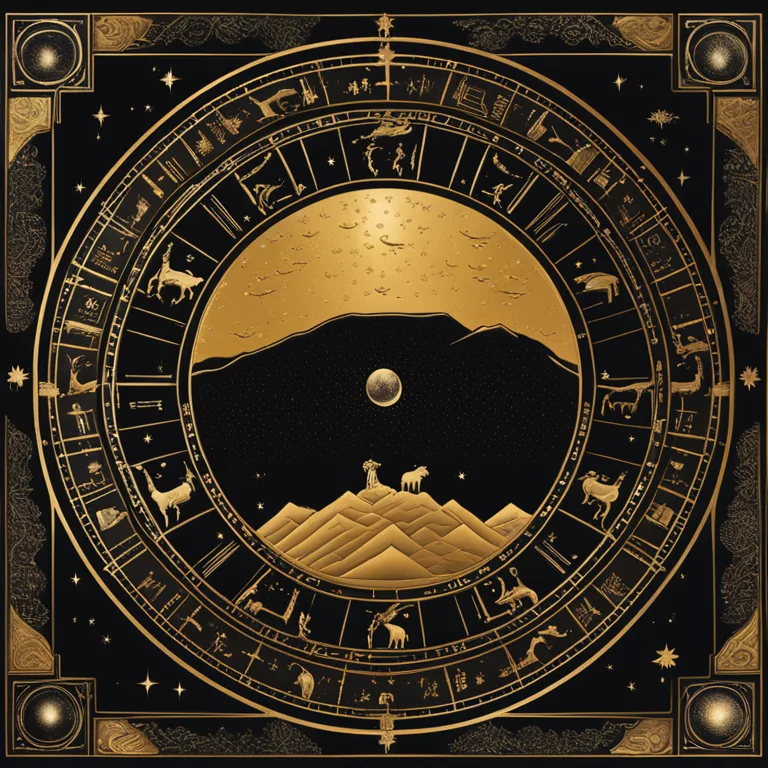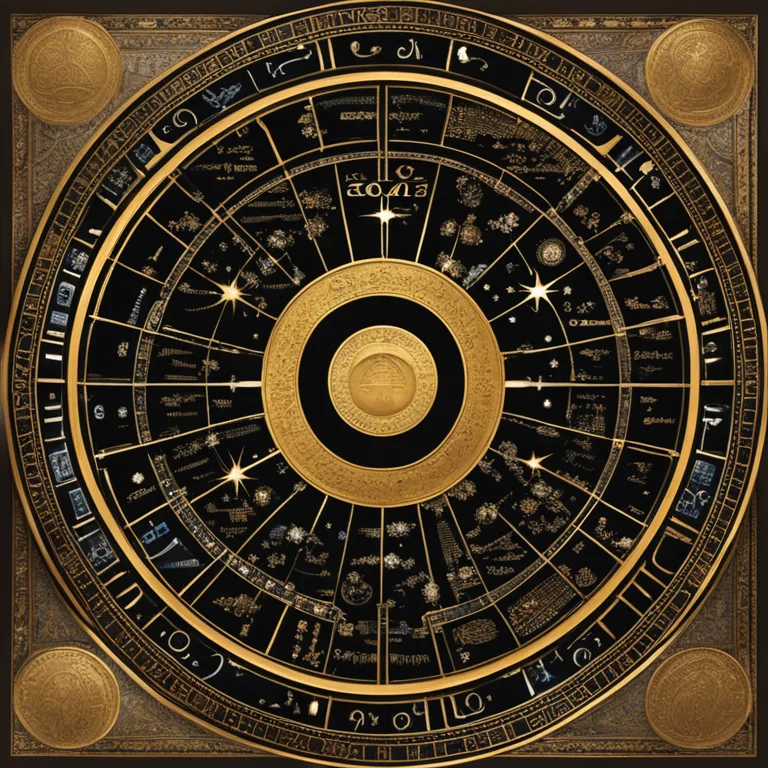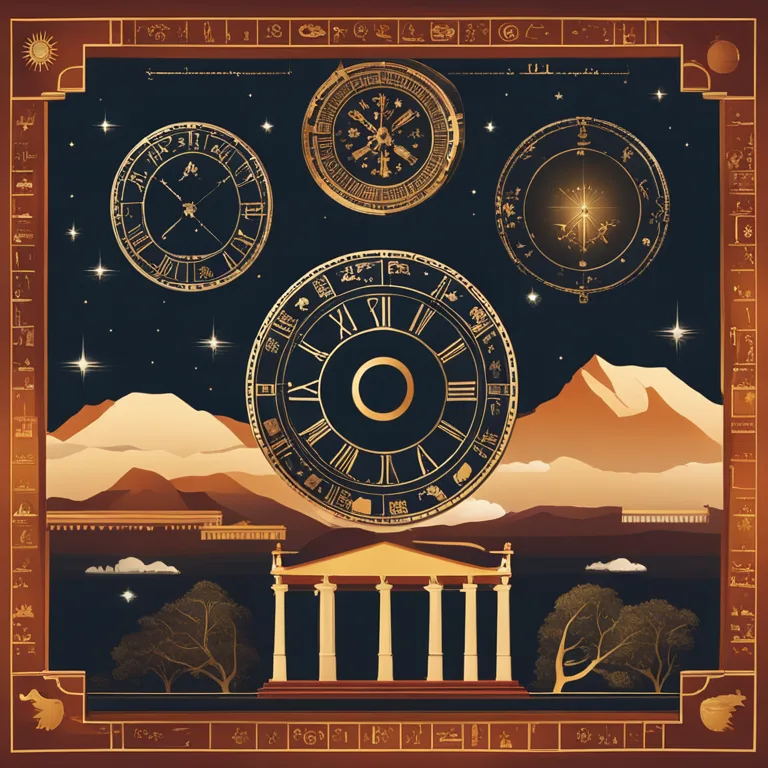
The Origins of Zodiac Signs: A Celestial Legacy
Delve into the history behind the zodiac signs and discover the ancient roots of this celestial system that still fascinates us today.
article by Priya Deshmukh
Ancient Beginnings
Astrology, the study of the movements and relative positions of celestial bodies interpreted as having an influence on human affairs, is an ancient practice. The system of astrology that Western astrology is based on was developed in Babylon around the second millennium BCE. Ancient astrologers observed the sky, charting the sun’s path, what we now call the ecliptic, and dividing it into twelve equal parts. These parts were associated with the constellations that lie along the ecliptic. This rudimentary form of astrology focused on predicting seasonal shifts and interpreting divine communications, gradually evolving into the horoscopic astrology we are familiar with today.

Zodiacal Constellations
The zodiac signs we know originated from the twelve zodiacal constellations observed by the Babylonians. These constellations were seen as representative of various myths and symbols prevalent in their culture. For example, Aries (The Ram) was linked to the ram from the story of the Golden Fleece in Greek mythology. It's interesting to note that as the Earth's axial precession occurs over time, the signs of the zodiac have since shifted from their original constellations, a phenomenon known as 'the precession of the equinoxes'. This is an important factor astrologers consider when interpreting celestial influences.

Hellenistic Synthesis
Astrology as we understand it further developed when the Greeks encountered the astrological traditions of the Babylonians during the conquests of Alexander the Great. The Hellenistic period marked a synthesis where Greek and Babylonian astrology merged. The zodiac signs and their meanings, as interpreted today, were significantly shaped during this period. The Greeks used their knowledge of geometry and astronomy to create detailed birth charts, incorporating the positions of planets and stars at the time of a person's birth to predict their future and character.

Roman Influence and the Zodiac's Names
The Romans later adopted Hellenistic astrology and the zodiac, giving the constellations Latin names, which are the ones commonly used today. Virgo (The Maiden), Libra (The Scales), Scorpio (The Scorpion), and so forth, were ascribed characteristic traits and associated with various gods and myths from Roman culture. This Roman familiarity with astrology paved the way for the system's persistence throughout the millennia, influencing the medieval Arabian and eventually European astrological traditions.

Modern Astrology
Despite its ancient origins, astrology's popularity endures, with modern astrology taking a more psychological approach. The zodiac signs are often used for self-discovery, personal growth, and understanding interpersonal dynamics. Horoscopes based on solar sign astrology, focusing primarily on an individual's sign according to their birth date, are popular culture fixtures, providing forecasted insights into personal life, love compatibility, career opportunities, and potential challenges beyond 2024.
Celestial Calendar for 2024 and Beyond
When crafting astrological forecasts for 2024 onwards, astrologers take into account the contemporary positions of celestial bodies and their transit through the zodiac signs. This prediction model aims to offer guidance aligned with current and future astronomical events, maintaining the connection between our celestial environment and personal experience. Staying relevant with the times, astrology aims to provide context and reflection for our modern lives through ancient wisdom.
Published: 12/29/2023
Modified: 12/29/2023
More predictions
Come back here soon to learn more about yourself and your future


Love Compatibility Through Astrology
Discover how astrology guides love compatibility, building deeper connections using the stars' wisdom.


The Astrological Almanac of Zodiac Signs
Delve into the cosmic influence of astrology and zodiac signs. Learn how celestial alignments guide personalities, futures, and relationships.


Moon and Rising: Astrological Identity Revealed
Learn the impact of your Moon and Rising signs in astrology on personal traits, emotional responses, and life’s journey.